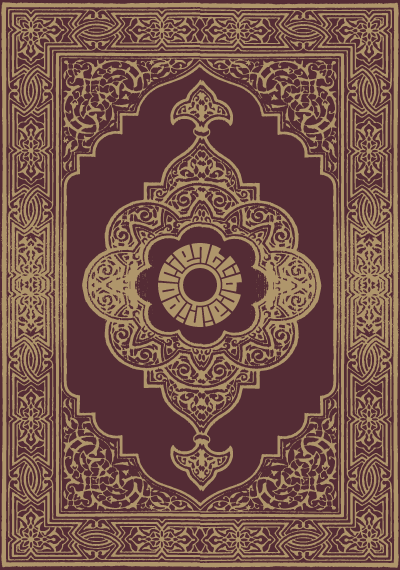The three stories in this book are in some way related to the social and political conditions of Iran during the early Islamic Revolution. In the first story, the emphasis is on the fact that part of society was neither revolutionary nor against it. These people loved their homeland and they did not want to leave their country. And maybe, they were willing to do some services to offset the tensions of the revolution. The second story is à tale about à corner of society that is aggressive toward women because of the influence of wrong traditional teachings. In the third story, the horror of the beginning of the revolution and the desire to rebuild the homeland; to live free and love each other free of dependency is portrayed.Dr. Kazem Vadiei: born on 23. Sep. 1928 in Shiraz, Iran. Studied at the University of Tehran and graduated Ècole Normale Supèrieure in History, Geography, and Educational Studies. Received à PhD in Human and Economical Geography Studied from the Sorbonne in Paris. Professor of Geography at the University of Tabriz and Teheran from 1954 to 1979. Author of several scientific works on the geography of Iran. Created the Chair of Methodology, Geography and Rural Studies. Head of the Department of Rural Studies at the University of Tehran. Founded the Institute of Research and Teaching in Rural Cooperatives. Secretary of State in Labor and Social Affairs. With the coming of the Islamic Revolution in 1979, he was arrested and forced to leave his beloved country to live in France. While in France, he has always remained an opponent to all kinds of Fundamentalism and is à Defender of Human Rights, with the purpose of returning Democracy to Iran. Has published several books and hundreds of articles and papers about the social economic problems of Iran. Published the book, "Witness of the Time", 2007. He tirelessly continues to write papers, deliver lectures, and gives interviews (anytime and anywhere).
Rédigez votre propre commentaire
